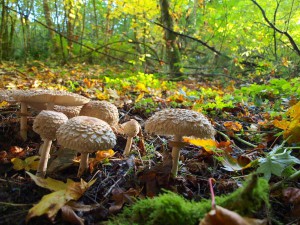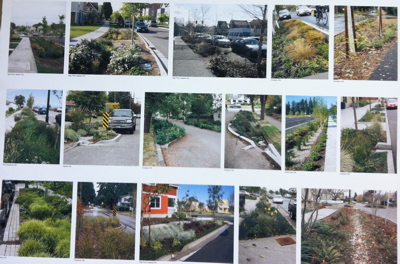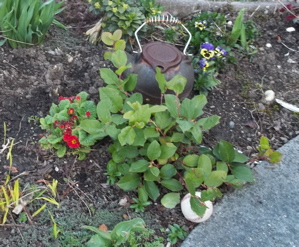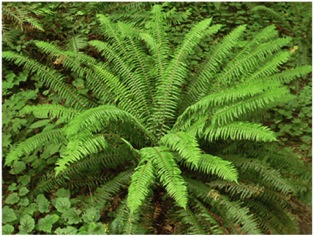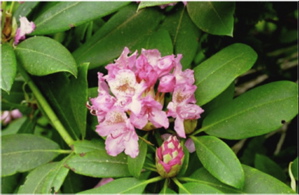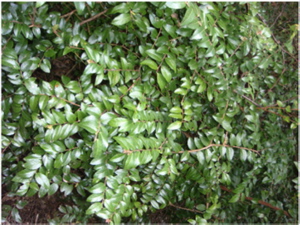You are invited to join a wetland work party conducted by Steve Richmond of Puget Creek Watershed Alliance Saturday April 28th from 10AM – 1PM.
Back in March Sustainable West Seattle awarded $1,000 toward a native plant education project at Sanislo Elementary for their participation in the Don’t Feed the Tox-Ick Monster campaign. Now Steve and students from Sanislo are preparing planting areas for environmental education.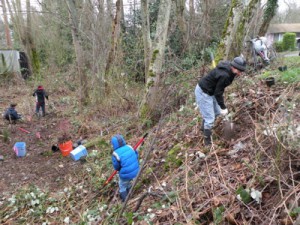
The goal is to prepare a site where students can plant and identify a number of native herbs (foamflower, trillium, inside-out flower, fringecup, piggyback plant, and swordfern) along the path that is currently infested with ivy. Students will be pulling ivy and mulching the flat areas, but they need capable adults and caution to get ivy in the steeper portions (slopes are risky on knees, backs, and ankles).
Much progress has been made with the regular work parties held the 4th Saturday of every month. Thank you for supporting Sanislo’s wetland makeover!
Saturday April 28th from 10AM – 1PM (Join for an hour or all day)
Where: Sanislo School Wetland: 1812 Myrtle, Seattle, WA 98106
Meet at front of school.
What to bring: Gloves, hand tiller (we’ll have extra, but write your name on your tools), weather-appropriate gear (rain or cold), hat/eye/sun protection, food/water/bottle, sturdy shoes/boots. Snacks and water provided.
http://pugetcreekwatershedalliance.org ; Steve Richmond (206) 650-9807
Steven Richmond / Garden Cycles
GARDEC*932JF; http://gardencycles.com
(206) 650-9807; FAX (206) 763-0144

